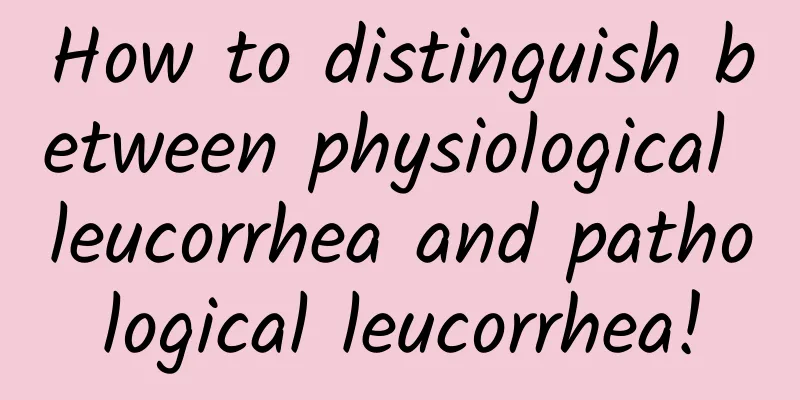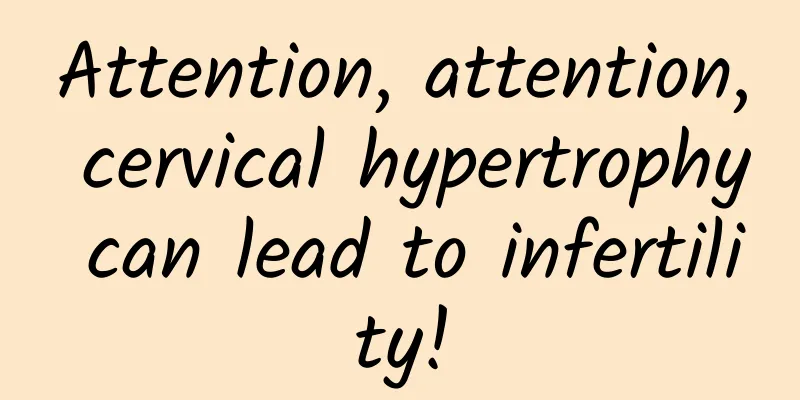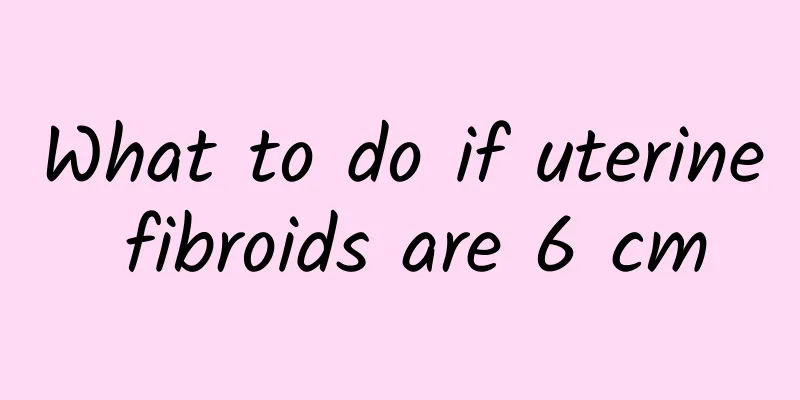Nearly 30% of teenagers in Taiwan are overweight! "2 No's and 1 Can't" The road to weight loss is full of difficulties

|
Boys with A cup breasts may not necessarily have precocious puberty; be careful as obesity may be to blame! 13-year-old Lin Xiaodi (pseudonym) was afraid of being laughed at by his classmates because his breasts were almost A cup. He often made various excuses not to go to swimming lessons. His parents suspected that he had precocious puberty and sought medical treatment. Only then did they discover that Lin Xiaodi had abnormal liver function, mild fatty liver and liver fibrosis. Fortunately, after treatment, his weight decreased and his liver function returned to normal. Lin Jiezhong, attending physician and director of the faculty training department of the Taichung Veterans General Hospital and attending physician of the pediatric hepatobiliary gastroenterology department, said: "Obesity not only affects appearance, self-confidence and social interaction, but may also lead to cardiovascular disease, fatty liver and other problems. Parents should be alert to their children's weight and must understand the situation through examination and treat it properly." Being fat as a kid is being fat! Nearly 30% of Taiwan's teenagers are overweightObesity poses a global health and financial crisis. According to statistics, more than 1.9 billion people in the world are overweight, including 340 million children and adolescents. The global cost of treating obesity-related diseases is as high as US$4 trillion each year. In Taiwan, according to data from the National Health Administration, the overweight and obesity rate among junior high school students is 30.6%, and that among high school students is 28.9%, which means that almost one in three teenagers is overweight. The prevalence of obesity among adolescents is so high, but it is rare to see parents bringing their children to seek medical treatment. Director Lin Jiezhong said that many parents think that their children will naturally grow taller as they grow up. In fact, nearly 80% of obese adolescents will continue to be obese in adulthood. Studies have shown that such patients have a higher risk of death in adulthood. Latest survey: "2 no's and 1 can't", the road to weight loss is full of difficultiesA survey study called ACTION Teens, which involved participants from 10 countries around the world, including Professor Wei-Te Chen of the Children's Hospital of China Medical University in Taiwan, aims to understand and explore the perception of obesity among obese teenagers, their parents, and their medical staff. Data from Taiwan shows that the three interviewees presented a "2 no's and 1 can't" situation when it comes to weight loss; the first author of the study, Director Lin Jiezhong, published it at the Asia-Pacific Pediatric Gastroenterology Annual Meeting and the Taiwan Pediatric Medical Annual Meeting in October 2023. The survey found that the three parties had different motivations, incorrect concepts, and teenagers were unable to effectively implement weight loss recommendations! No. 1 - The motivation for losing weight is "very different": The top three motivations for obese teenagers to lose weight are: wanting to be healthier (27%), to be more confident (24%), and to feel better and more energetic (23%); however, parents believe that teenagers' motivations for losing weight are to fit into smaller clothes (32%), being dissatisfied with their weight (26%), and wanting to have a healthier body (25%). In contrast, health care professionals cited feeling more confident about themselves (82%) and being more popular (84%) as motivations for teens to lose weight. Director Lin Jiezhong explained that when the three parties have different motivations for weight loss, they will ignore the necessity of this matter. No. 2 - The wrong channel for obtaining weight loss information: The survey shows that for parents with obese teenagers, the top three channels for obtaining weight loss information are search engines (72%), social media (62%), and family and friends (28%), with doctors ranking fourth (26%). The situation is similar for teenagers with obesity problems, with social media (28%), search engines (27%), books, newspapers and magazines, and doctors (19%) being the three major sources of information. Director Lin Jiezhong reminded that there is often false information on the Internet, which may cause growing children to lose weight instead of losing weight and harm their health. Obese teenagers said in the questionnaire that the biggest obstacles to weight loss are the inability to overcome appetite (25%), a preference for unhealthy eating (25%) and a dislike for exercise (22%). “Unable” to eat less and exercise more: Obese teenagers said in the questionnaire that the biggest obstacles to weight loss are the inability to overcome appetite (25%), a preference for unhealthy eating (25%) and a dislike for exercise (22%). Parents also believe that problems include appetite (24%) and dislike of exercise (24%). But can seriously implementing the policy of eating less and exercising more effectively solve the problem? Director Lin Jiezhong said that some children may get fatter the more they move, because exercise makes them hungry, and when they are hungry, they eat. Moreover, academic pressure makes it difficult for teenagers to have enough time for exercise. Doctors call for attention to adolescent obesity and treatmentThe American Academy of Pediatrics pointed out in its latest treatment guidelines in 2023 that children over 6 years old who have obvious obesity need to have their lifestyle habits managed, and for the first time mentioned that adolescents over 12 years old can receive drug-assisted treatment. In Taiwan, the main weight management drugs that have obtained adolescent indications are oral fat-removing drugs and once-daily GLP-1 incretin injections. The mechanism of the former is to reduce the digestion and absorption of fat in food through the intestines, while the latter is to reduce appetite and reduce fat mass to reduce weight. Chief of Department of Medicine Lin Jiezhong also encouraged medical staff and parents to take the initiative to communicate with their children responsibly. "You can check the school's health checkup report. If they are overweight or obviously obese, they must be actively dealt with." When a child's BMI exceeds the 85th percentile for that age group, they are overweight, and when it exceeds the 95th percentile, they are obese. Parents can also use the National Health Administration's BMI calculator for children and adolescents to determine their children's body position. 👉Recommended reading: Do you still need to eat starch to lose weight, otherwise you will easily gain weight again? Nutritionist Cheng Mingwei: Master 4 starch weight loss techniques VIP Selected Products Latest health knowledge |
Recommend
Is a hard lower abdomen a sign of uterine fibroids? What are the symptoms of uterine fibroids?
For middle-aged female friends, if you find that ...
Small amounts of exercise can still help improve brain function
Exercise has many benefits for the body, but ther...
What causes dysmenorrhea in women?
What is the cause of dysmenorrhea in women? Exper...
Vaginitis recurs repeatedly, three bad habits should be corrected
Vaginitis recurs repeatedly, three bad habits sho...
Cervical redness and cervical hypertrophy
Cervical redness and cervical hypertrophy can be ...
What are the precautions for chronic cervicitis?
What are the precautions for chronic cervicitis? ...
What causes uterine fibroid pain? What to do about uterine fibroid pain
What causes uterine fibroid pain? Uterine fibroid...
How to distinguish between normal abdominal pain and dysmenorrhea What are the differences between abdominal pain and dysmenorrhea
Abdominal pain is a common symptom, but the cause...
Symptoms of premature ovarian failure
Symptoms of dizziness caused by premature ovarian...
Is bacterial vaginosis dangerous?
Fungal vaginitis is not unfamiliar to everyone. D...
What are the early symptoms of cervical erosion in women? To prevent cervical erosion, you must know these causes
Cervical erosion used to be a disease that troubl...
What are the treatments for vulvar itching?
For the disease of vulvar itching, it is necessar...
How long does it take for women to get better with cervical erosion? Five methods to effectively treat cervical erosion
Cervical erosion is a relatively common gynecolog...
What should I eat to replenish my uterine fibroids and qi and blood deficiency? What should I eat to replenish my uterine fibroids and qi and blood deficiency?
Uterine fibroids are a common benign tumor in wom...
What should I pay attention to after getting uterine fibroids? How should I eat after getting uterine fibroids?
What should I pay attention to after getting uter...

![[Video version] Exercise increases immunity, walking has 5 unexpected benefits! Doctor: Can repair joints, improve anxiety and depression](/upload/images/67dcf3a197507.webp)







